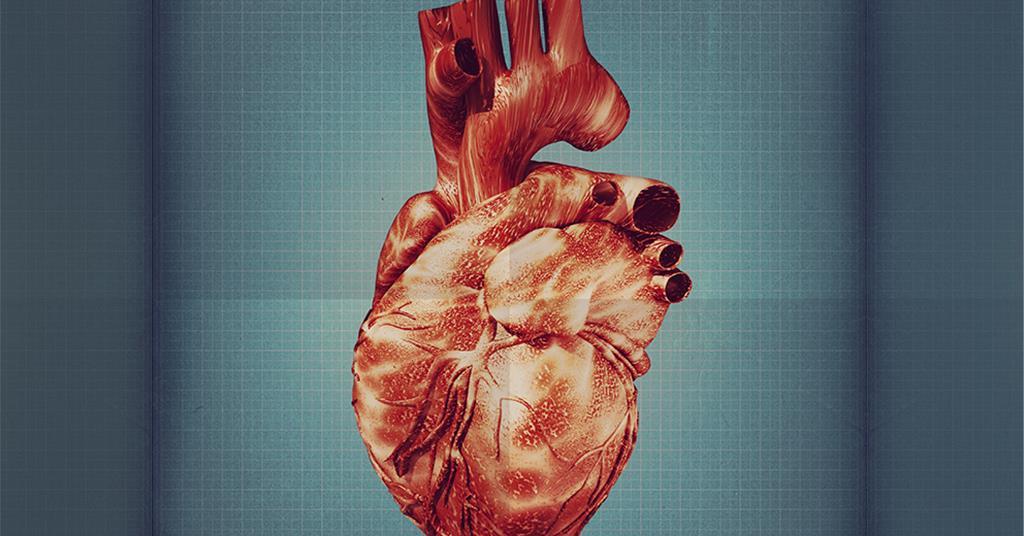The National Institute for Health and Care Excellence on Tuesday licensed the six projects, half of which are spin-outs from NHS services or academic partnerships for use across the service.
It rejected seven other digital services, saying more research was required before it could rule they should be funded by the NHS.
The 10-Year Health Plan said there should be national reimbursement of some digital therapeutic interventions in future, although this has yet to be implemented. Digital weight loss tools are one of the areas thought to have most potential.
The draft guidance issued this week said Activate Your Heart, developed by University Hospitals of Leicester Trust, D REACH-HF – part of Exeter University – and the Digital Heart Manual, created by NHS Lothian, had been licensed.
Technology from private companies DDM Health, KiActiv and myHeart was also approved. The six technologies will now be evaluated in the market over the next three years.
The news comes after the 10-Year Health Plan said the NHS would be shifting care from hospital settings into the community, and trying to move the focus of the service from treatment to prevention.
The platforms offer a mix of exercise programmes, information and dietary advice, psychological support and medication management, with some also incorporating wearables.
The rejected technologies included offerings from Luscii, Beat Better, Datos Health, Get Ready, Pumping Marvellous Cardiac Rehab Platform, R Plus Health and Sword Move.
NICE said uptake of cardiac rehabilitation had historically been low, with only 41 per cent of eligible patients and 13 per cent of actual heart failure patients taking it up.
NICE HealthTech director Anastasia Chalkidou said: “These digital platforms offer real potential to transform how cardiac rehabilitation is offered to people to meet their individual circumstances. We know that traditional programmes aren’t reaching everyone who could benefit – particularly women, younger patients and people from ethnic minority backgrounds.
“The early data is promising and suggests, with safeguards in place, more people should now be given the opportunity to use these new technologies. This three-year evidence collection period will give us the additional robust data we need to determine whether these innovations should be recommended as a permanent part of cardiac care.”

